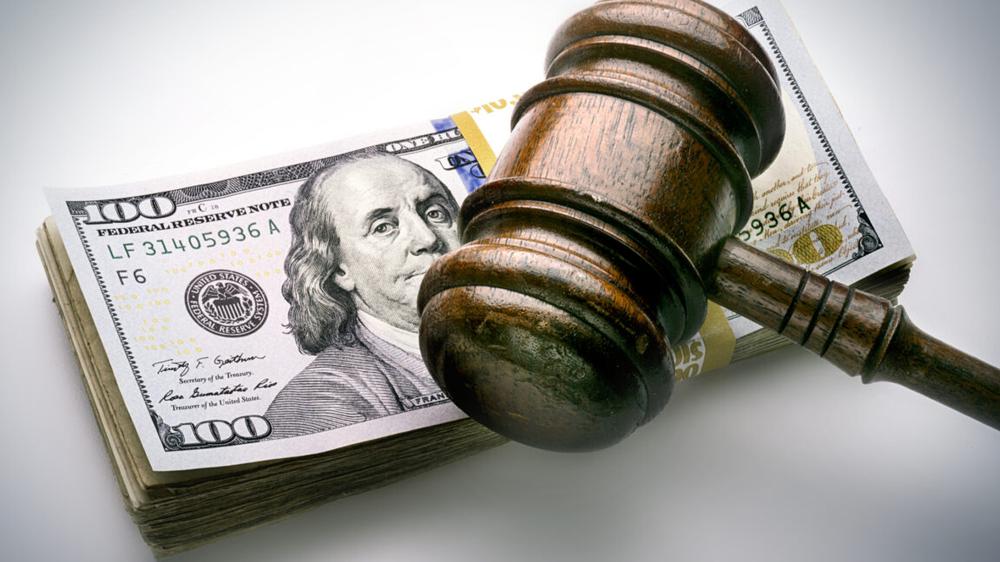The US just launched its biggest effort yet to compensate victims of human trafficking, setting up a process to dole out $200 million from seizures related to shutting down the notorious online escorts ad service Backpage.com.
In an announcement on Thursday, the Department of Justice confirmed that "this marks the largest remission process to date to compensate victims of human trafficking."
Acting Assistant Attorney General Matthew Galeotti said the effort to redistribute millions of ill-gotten gains "underscores the Department’s unwavering commitment to use forfeiture to take the profit out of crime and to compensate victims." It comes after Backpage's "owners and key executives and businesses related to the platform" were found guilty of facilitating crimes including money laundering and "unlawful commercial sex using a facility in interstate or foreign commerce," the DOJ said.
"Backpage.com facilitated the exploitation of women and children as one of the largest online advertisers for commercial sex and sex trafficking over its 14-year existence," Galeotti noted. And when it shut down in 2018, CityXGuide "picked up where Backpage left off as a leading source of online ads for sex trafficking victims," so those victims "may also be eligible" for compensation, a website set up to submit claims said.
Anyone who can provide documentation that they "incurred financial losses related to their trafficking"—facilitated by ads on Backpage "between Jan. 1, 2004, and April 6, 2018" or on CityXGuide "between April 8, 2018, to June 19, 2020"—may be eligible for remission, the website said.
Survivors, or their representatives, must submit claims by February 2, 2026. To receive compensation, claims must include at least one document showing they "suffered monetary and/or behavioral health losses," the claims form specified.
Documents can include emails, texts, screenshots, or advertisements. Claims may be further strengthened by sharing receipts from doctors' visits, as well as medical or psychological exam results, summaries, or plans.
Medical expenses survivors can document can include any expenses paid out of pocket, including dental expenses, tattoo removals, or even future medical costs referenced in doctor's referrals, an FAQ noted. Similarly, counseling or therapy costs can be covered, as well as treatment for substance use, alternative behavioral treatments, and future behavioral health plans recommended by a professional.
The FAQ also clarified that lost wages can be claimed, including any documentation of working overtime. Survivors only need to show approximate dates and times of abuse, since the DOJ said that it "appreciates that you may not remember exact number of hours you were trafficked during the relevant timeframe." However, no future economic losses can be claimed, the FAQ said, and survivors will not be compensated for pain and suffering, despite the DOJ understanding that "your experience was painful and traumatic."
Consulting the DOJ's FAQ can help survivors assess the remission process. It noted that any "information regarding aliases, email addresses used, phone numbers, and trafficker names" can "be used to verify your eligibility." Survivors are also asked to share any prior compensation already received from Backpage or through other lawsuits. To get answers to any additional questions, they can call the administrator in charge of dispensing claims, Epiq Global, at 1-888-859-9206 toll-free or at 1-971-316-5053 for international calls, the DOJ noted.
If you are in immediate danger or need resources because of a trafficking situation, please call 911 or the National Human Trafficking Hotline, toll-free at 1-888-373-7888.

 Ukraine to move forward with long-delayed customs reform, commission to be formed for new chief
Ukraine to move forward with long-delayed customs reform, commission to be formed for new chief